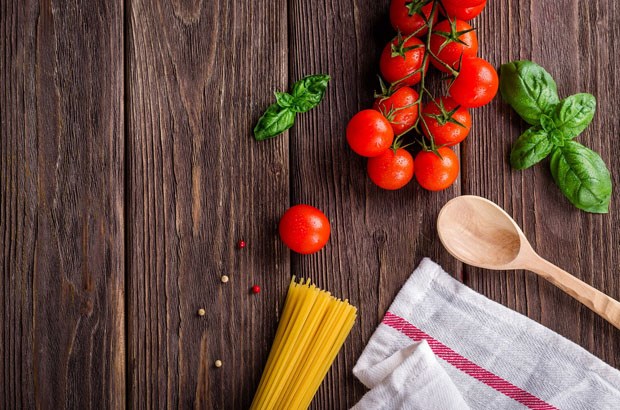Despite higher grocery prices predicted for 2020, B.C. residents are among the least likely to change their food-buying habits to cut costs, according to a recent survey.
A recent joint Dalhousie University and University of Guelph report said climate change, changes in packaging, trade wars and other global factors will hit local pocketbooks — with B.C. seeing higher than average food inflation because of a strong economy.
But fewer British Columbians said they were prepared to make changes, according to a recent survey of more than 1,500 Canadians. Still, a whopping 87% of people across the country said they believed food prices are increasing faster than income.
They’re not far wrong, as the 2019 Canadian Food Report noted vegetables in particular had risen more than 15%, with meat, seafood and fruit prices also rising.
To counter the rising food costs, Canadians told surveyors they planned to eat out less, reduce food waste, and eat more vegetables.
But fewer British Columbians said they were prepared to make changes, according to the survey. A total of 13% of British Columbia survey respondents said they don’t intend to change any food-shopping or -consumption habits, the highest rate in the country, followed by Ontario at 11%, and Quebec at 10%.
The cross-Canada survey on food affordability and food-related resolutions for 2020 was conducted by the Agri-Food Analytics Lab at Dalhousie University in partnership with Angus Reid.
People in Alberta and Quebec are the most concerned about their ability to pay for food in 2020 while British Columbians were the least concerned.
Those most likely to feel they are falling behind are Canadians with a high school diploma at 94%. Among those with a university degree, 78% are concerned about food affordability. Of those earning less than $50,000 annually, 92% are concerned about food affordability while 83% of Canadians earning more than $100,000 annually said food prices are rising faster than their household income.

The sentiment of not being able to afford food appears to be widespread across several demographics, according to the survey.
To save money in 2020, 60% of Canadians intend to eat less often at restaurants and 49% intend to use flyers and coupons more often while 48% plan to look for discounts in grocery stores. Buying in bulk is also a popular choice, with 41% of Canadians intending to do so more often.
Meat is taking a hit next year, with 31% of those surveyed intending to eat more plant-based products and less meat. And finally, 24% of those surveyed said they will visit the freezer aisle more often to save money.
Meanwhile, those under the age of 35 are more committed to making changes to their food habits than other age groups, the survey suggests.
On a positive note, 8% Canadians said they planned to donate to the food bank this year, with Albertans the most generous at 13%.
The survey was conducted in early December with 1,507 Canadians surveyed and the margin of error of +/- 2.9%, 19 times out of 20.
FOOD RESOLUTIONS
Here are the top food-related resolutions for 2020 according to the survey:
• reduce food waste 53%
• eat more vegetables and fruits 46%
• cook more 44%
• diet change 42%
• eating more leftovers 30%
• bringing lunches to work more often 25%
• managing snacking more wisely 23%
• discovering new cuisines 18%



